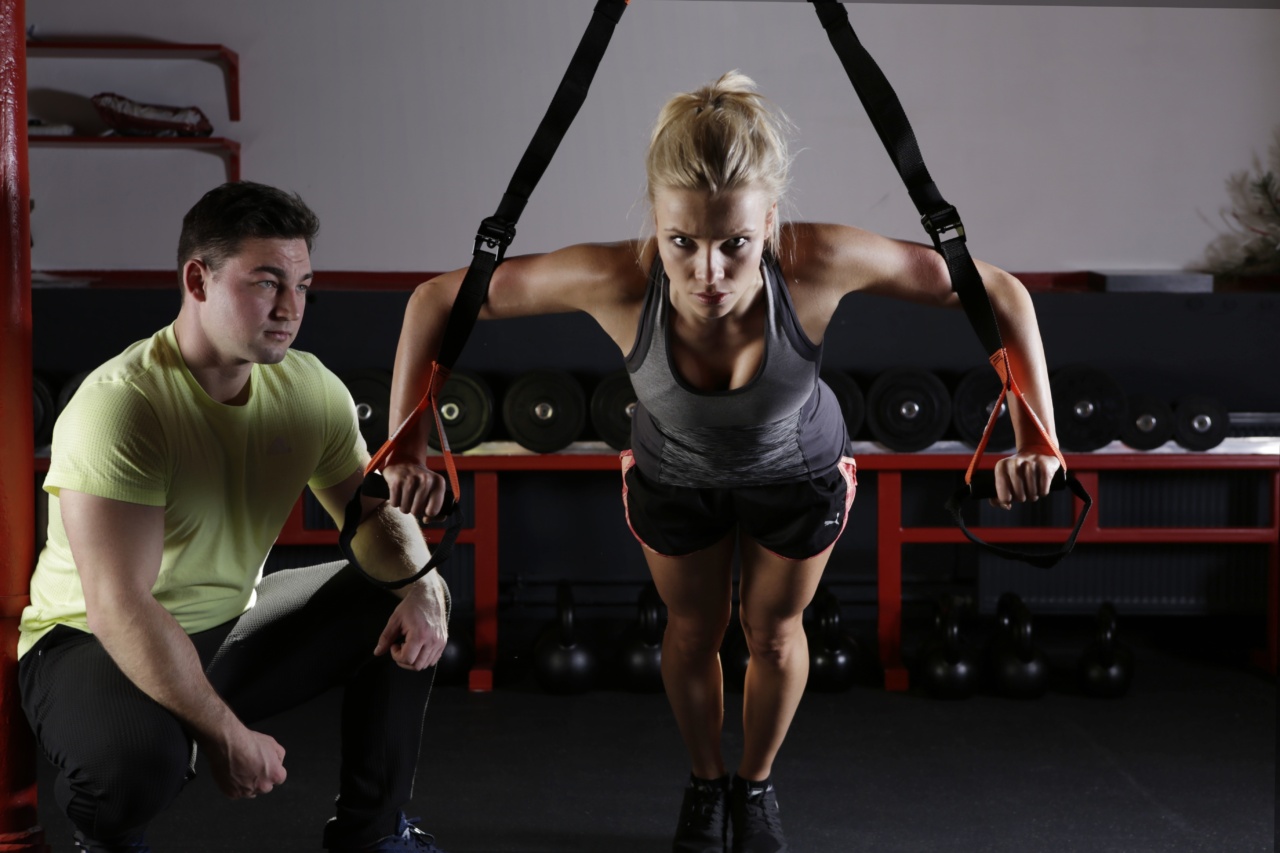In order to achieve optimal performance during exercise and physical activity, it is essential to fuel your body with the right nutrients.
Proper nutrition plays a crucial role in enhancing athletic performance, improving physical strength, increasing endurance, and aiding in overall recovery. By understanding the significance of nutrition and implementing healthy eating habits, individuals can maximize their exercise performance and reach their fitness goals effectively.
1. Understanding Macronutrients
Macronutrients are the essential nutrients that provide energy for the body and aid in the growth and repair of tissues. These nutrients include carbohydrates, proteins, and fats.
Each macronutrient has its own role and importance in exercise performance:.
– Carbohydrates: Carbs are the primary source of energy for the body during exercise. They are stored in the muscles and liver as glycogen, which is then utilized during physical activity.
Consuming sufficient carbohydrates before and after exercise ensures optimal energy levels and enhances endurance.
– Proteins: Proteins are crucial for muscle recovery and repair. They provide the necessary amino acids needed for the synthesis of new muscle tissue.
Adequate protein intake aids in muscle growth, strength development, and helps prevent muscle breakdown during prolonged exercise.
– Fats: While fats are often associated with weight gain, they are essential for overall health and exercise performance.
Fats provide a concentrated source of energy and play a vital role in hormone production, vitamin absorption, and maintaining a healthy nervous system.
2. Pre-Workout Nutrition
The meals and snacks consumed before workouts have a significant impact on exercise performance. Proper pre-workout nutrition helps in maximizing energy levels, preventing fatigue, and supporting endurance. Here are some guidelines to follow:.
– Carbohydrates: Focus on consuming easily digestible carbohydrates such as fruits, whole grains, or energy bars. These will provide a quick source of energy without causing digestive discomfort during exercise.
– Proteins: Incorporate lean sources of protein like chicken, fish, or plant-based proteins to aid in muscle repair and reduce muscle protein breakdown during exercise.
– Hydration: Proper hydration is crucial for optimal performance. Drink water or electrolyte-rich fluids before exercise to maintain fluid balance in the body.
– Timing: It is advisable to consume a meal or snack containing carbs and proteins 1-3 hours before exercise to allow for digestion and absorption.
3. Fueling During Exercise
For longer-duration workouts or intense training sessions, it may be necessary to consume additional fuel during exercise to maintain energy levels. Here are some tips for fueling during exercise:.
– Carbohydrate-rich snacks: Consume small, easily digestible snacks like energy gels, sports drinks, or bananas to sustain energy levels and prevent fatigue. These snacks provide a quick source of carbohydrates for immediate energy.
– Hydration: Drink water or electrolyte-rich fluids during exercise to prevent dehydration and maintain proper performance levels.
– Experiment: Each individual’s body responds differently to different types of fuel during exercise. It is important to experiment and find what works best for you in terms of fueling and hydration strategies.
4. Post-Workout Nutrition
Post-workout nutrition is essential to aid in muscle recovery, replenish glycogen stores, and support overall growth and repair. Here are some guidelines for post-workout nutrition:.
– Carbohydrates: Consuming carbohydrates after exercise helps replenish muscle glycogen levels and enhances recovery. Opt for high-quality carbs like sweet potatoes, quinoa, or whole grain bread.
– Proteins: Include a source of protein such as lean meat, fish, eggs, or protein powder within an hour of finishing exercise. Protein intake post-workout aids in muscle repair and growth.
– Hydration: Replenish fluids lost during exercise by drinking water or electrolyte-rich fluids post-workout.
– Nutrient Timing: The post-workout period is a crucial time for nutrient absorption. Aim to consume a balanced meal or snack within 30-60 minutes after exercise to optimize recovery.
5. Importance of Hydration
Hydration plays a vital role in exercise performance and overall health. Water is involved in numerous bodily functions and is crucial for maintaining proper temperature regulation, transporting nutrients, and eliminating waste products.
Here are some tips to ensure proper hydration:.
– Drink water regularly throughout the day, even when not exercising. Aim for at least 8-10 glasses of water daily, and more if engaged in intense physical activity.
– Monitor urine color: Pale yellow urine usually indicates adequate hydration, while dark urine may be a sign of dehydration.
– Hydrate before, during, and after exercise to prevent dehydration and maintain optimal performance levels.
6. Supplementation
While a well-balanced diet should provide all the necessary nutrients for exercise performance, some individuals may benefit from certain supplements.
However, it is essential to consult with a healthcare professional or registered dietitian before incorporating any supplements. Some commonly used supplements for exercise performance include:.
– Creatine: Enhances strength and power during high-intensity exercises.
– BCAAs (Branched-Chain Amino Acids): Amino acids that aid in muscle recovery and reduce muscle soreness.
– Whey Protein: Easily absorbed protein powder that supports muscle repair and growth.
7. Recovery and Rest
Allowing adequate time for recovery and rest is as important as exercise itself. Exercise and physical activity create small tears in muscle fibers, and proper recovery allows those fibers to repair and grow stronger.
Here are some tips for optimizing recovery:.
– Sleep: Aim for 7-9 hours of quality sleep every night to aid in muscle recovery, hormone regulation, and overall well-being.
– Rest days: Incorporate regular rest days into your exercise routine to allow for muscle repair and prevent overtraining.
– Stretching and foam rolling: Perform stretching exercises or use a foam roller to alleviate muscle soreness and improve flexibility.
– Listen to your body: Pay attention to signs of fatigue, injury, or overtraining. If necessary, seek professional guidance from a healthcare provider or trainer.
8. The Role of Mindfulness
While proper nutrition and physical exercise are key components of optimizing performance, incorporating mindfulness practices can also be beneficial.
Mindfulness exercises, such as meditation or yoga, can help manage stress, increase focus and concentration, and improve overall well-being.
9. Goal Setting and Tracking Progress
Setting specific goals and tracking progress is essential for optimizing exercise performance.
By setting achievable goals and monitoring advancements, individuals can stay motivated and make necessary adjustments to their exercise routines and nutrition plans.
– Set realistic goals that align with your abilities and interests.
– Break down larger goals into smaller, achievable milestones to track progress.
– Keep a journal or use tracking apps to monitor exercise performance, nutrition, and overall well-being.
10. Seeking Professional Guidance
It is important to note that individual nutritional needs may vary based on factors such as age, gender, body composition, and specific fitness goals.
Seeking guidance from a registered dietitian or qualified nutritionist can help tailor a nutrition plan specific to your needs and optimize exercise performance.































